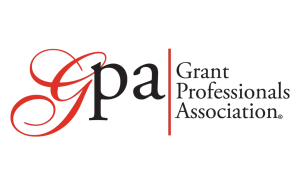Funders increasingly realize that inadequate grant support for the indirect costs associated with implementing grant-funded programs weakens the infrastructure of nonprofits. And, there’s a ripple effect. As nonprofits become less able boots-on-the-ground, communities suffer too.
“This is a critical issue that effects the health of nonprofits and their ability to fulfill their missions,” said Barbara Floersch of The Grantsmanship Center in Los Angeles, Calif. “It’s encouraging that grantmakers are elevating the discussion and working towards change.”
“Unfortunately, I read recently that when exploring how to ameliorate this problem, grantmakers are finding that some nonprofits don’t understand their organization’s indirect costs,” said Floersch. “Indirect costs are generally calculated as a percentage of direct costs, and funders are saying that some nonprofits don’t know what percentage they should request in order to cover the full costs of a grant-funded program.”
If your nonprofit doesn’t have a handle on indirect costs, now is the time to put your house in order. Unless you understand your organization’s indirect costs, you can’t hammer out full-cost program budgets or advocate effectively for realistic indirect support. Floersch suggests nonprofits do their part by taking the following steps.
- If you haven’t done it, figure out your organization’s indirect costs. If your financial staff doesn’t have the expertise for the task, hire a competent consultant. You can’t request full-cost funding if you don’t know what your full costs are.
- Not every nonprofit will need to apply for a negotiated federal indirect cost rate. But If you deal with federal funding and you haven’t done that work, please get started. The 10 percent de minimis rate most grant applicants can request from the federal government is better than nothing but is far short of recovering the real costs associated with implementing government grant programs.
- Become informed. Read articles and reports published on the topic and talk to knowledgeable colleagues. This will prepare you to make a case for adequate program support when applying for grants.
- When requesting grants, clearly articulate the necessity for full-cost funding. Advocate as possible with the foundations and government agencies with which you work.
“When you understand your organizations full costs and are well versed in this discussion, your strong, well-reasoned voices can help move this change forward,” said Floersch. © Copyright 2019 The Grantsmanship Center.










